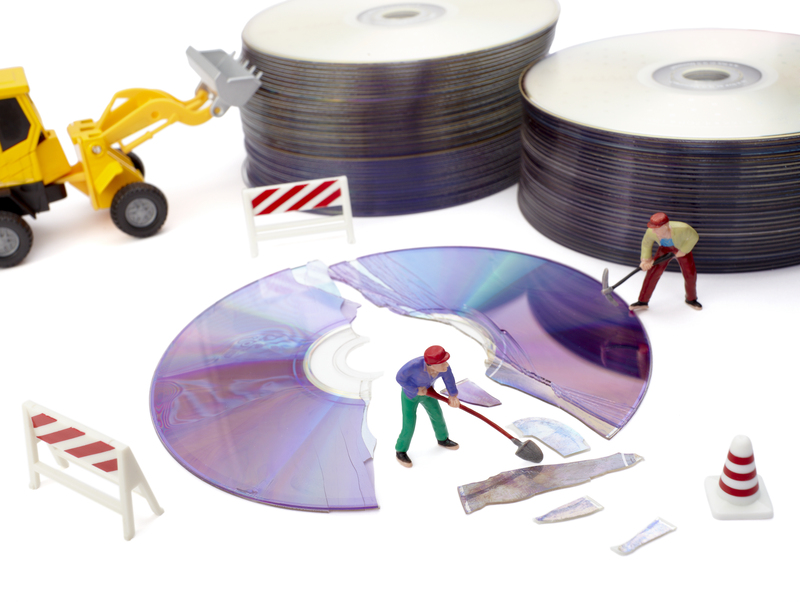
Proactive Measures to Control Manufacturing Waste
In the fast-paced world of manufacturing, waste management is not just a regulatory requirement; it is a strategic advantage. Effective waste control can lead to substantial cost savings, enhanced efficiency, and improved environmental responsibility. This comprehensive guide will explore proactive measures for controlling manufacturing waste, ensuring that industries can operate sustainably and efficiently.
Understanding Manufacturing Waste
Manufacturing waste encompasses a variety of materials that are discarded during production processes. These materials include excess raw materials, defective products, packaging waste, and outdated machinery. Identifying the types and sources of waste is the first step toward effective waste management.
Types of Manufacturing Waste
- Material Waste: These are leftover raw materials that aren't used in production.
- Defective Products: Items that don't meet quality standards and are discarded.
- Packaging Waste: Excess materials used for packaging goods.
- Operational Waste: Wastes generated from factory operations, including obsolete machinery and equipment.
Benefits of Controlling Manufacturing Waste
Implementing proactive measures to control waste offers numerous advantages, extending beyond environmental responsibility:
- Cost Savings: Reducing waste reduces material costs and disposal fees.
- Efficiency Improvement: Streamlined operations lead to better utilization of resources.
- Compliance: Adherence to environmental regulations mitigates legal risks.
- Brand Image: Demonstrating environmental responsibility can enhance brand reputation.
Proactive Measures for Waste Control
Implementing strategies to effectively manage waste in manufacturing requires a proactive approach. Below are strategic measures that can be effectively employed:
1. Implement Lean Manufacturing
Lean manufacturing is a systematic method for waste minimization without sacrificing productivity. By utilizing lean principles, companies can streamline production, reduce material consumption, and enhance operational efficiency.
2. Conduct Regular Audits
Regular audits allow for the identification and monitoring of waste sources. They help in spotting inefficiencies and areas for improvement. Setting a routine for audits can significantly help in managing manufacturing waste.
3. Employee Training and Awareness
Training employees on waste management and involvement in continuous improvement processes encourages a culture of sustainability. Employees should be educated about the importance of reducing waste and how their roles contribute to this goal. This encourages responsibility and initiative, as staff members actively work to reduce waste.
4. Utilize Technology and Automation
Adopting advanced technology and automation can significantly reduce the margin for error, decrease material waste, and increase precision in production processes. Software tools that track manufacturing processes can identify waste patterns and suggest areas for optimization.
5. Waste Sorting and Recycling
Establishing a robust waste sorting and recycling system ensures that materials are reused or recycled wherever possible. This reduces disposable waste and mitigates environmental impact while saving landfill space.
6. Optimize Inventory Management
Maintaining optimal inventory levels prevents overstocking, which can lead to excess material waste and increased storage costs. Just-in-time systems ensure that materials are available as needed, reducing the likelihood of spoilage and obsolescence.
7. Design for Environment (DfE)
Products should be designed with their environmental impact in mind. This includes using materials that are easy to recycle and disassemble, thus reducing waste at the end of a product's life.
Case Studies: Successful Waste Management in Manufacturing
Real-world examples can provide a clear understanding of how successful waste management practices are implemented.
Toyota's Lean Production System
The Toyota Production System is a stellar example of lean manufacturing in action. Toyota has minimized waste by implementing an efficient production process, which results in higher quality products and less waste.
Unilever's Zero Waste to Landfill Program
Unilever successfully achieved zero waste to landfill across its global manufacturing network by focusing on waste segregation and recycling. This initiative saved the company money and demonstrated its commitment to sustainable practices.
Conclusion
The journey to effective manufacturing waste management is an ongoing process that requires commitment and continuous improvement. By implementing proactive waste control measures, manufacturers not only safeguard the environment but also enhance operational efficiency and reduce costs. Embracing these strategies is a step towards a future where manufacturing is both sustainable and profitable.
Stay tuned for continuous updates on industry trends and further guidance on operational excellence in manufacturing!
For more insights on sustainable manufacturing practices or to learn about the latest technological advancements aiding waste reduction, feel free to explore additional resources or join industry forums that focus on environmental sustainability.
